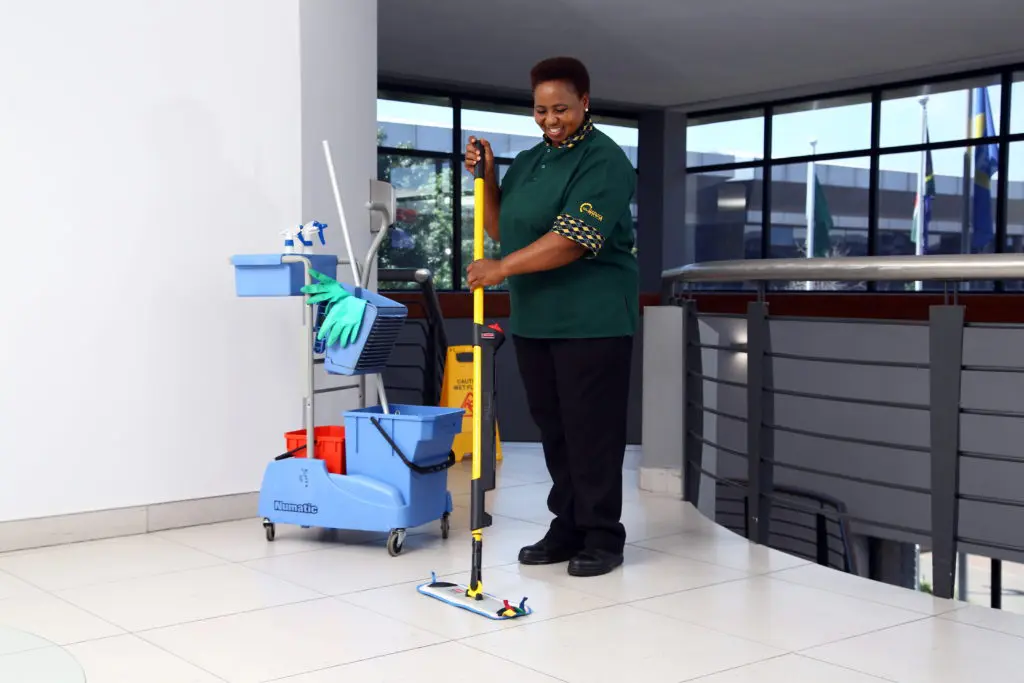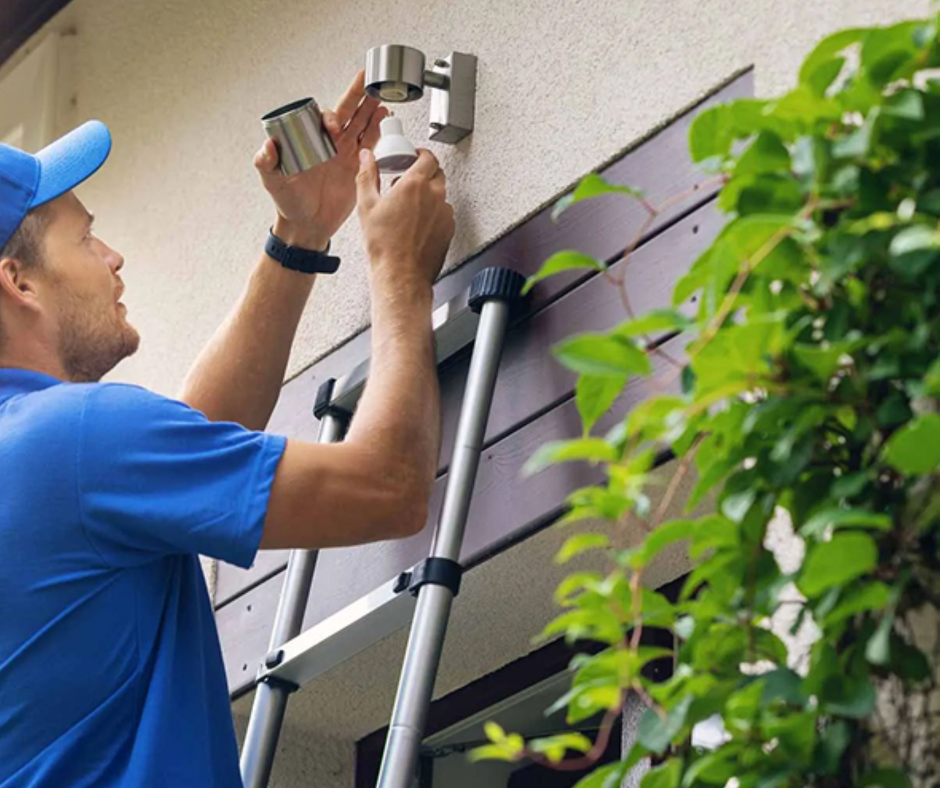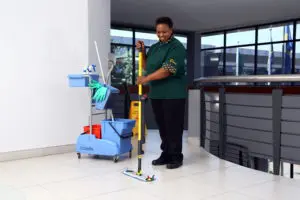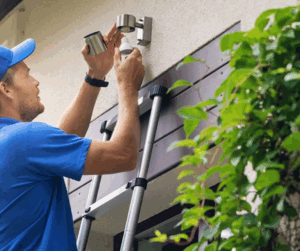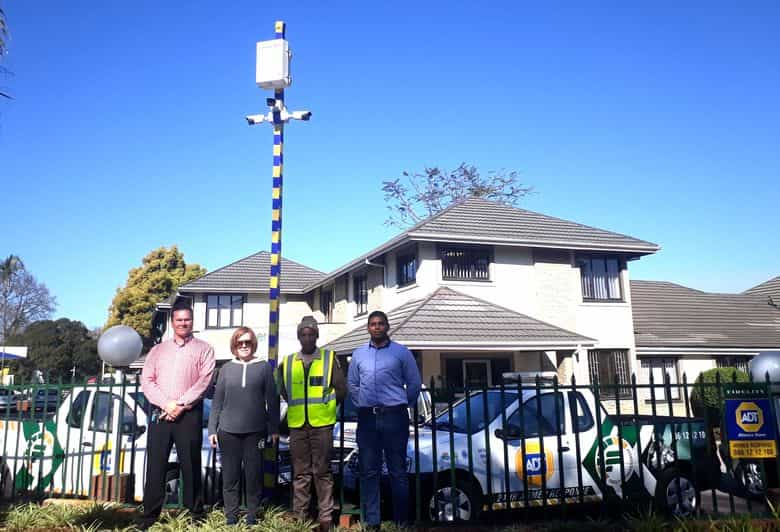Parents across the country have been warned to remain vigilant and to teach their children about the threats of kidnapping.
The warning comes in the wake of recent events, such as one in Gauteng in which a suspect was caught on camera trying to grab a child from its parents. The suspect appeared in the Roodepoort Magistrate’s Court on September 11th on a charge of assault and attempted kidnapping.
“As parents and guardians, it is our responsibility to not only educate our children about safety but to also give them the necessary tools to deal with a crisis. While we certainly don’t want to live in fear, we do need to have frank conversations about what to do when things go wrong,” explains Charnel Hattingh, National Communications and Marketing Manager at Fidelity ADT.
There are simple actions, she says, which can often keep a child or young adult safe.
Teach your kids:
- They must always walk to or from school with a friend or friends. Stick to streets they know and never take short cuts through quiet areas or empty parking lots and never walk with cell phones and iPads in full view.
- If they get picked up at school, they should never leave the premises but always wait inside the school grounds for their lift to arrive.
- Younger children particularly must never get into a stranger’s car; even if the stranger claims that someone they love is hurt and that they have been sent to pick them up. Remind them that you would never send someone they don’t know to fetch them.
- Consider using a password system. If the person coming to collect you from school cannot repeat the password you and your child agreed on, they should not get into the car but immediately ask for help.
- If a stranger approaches your child, they should not talk to them no matter how friendly they may seem. If someone tries to grab them, they need to fight, kick and shout. “That very action may have saved the young student’s life in Johannesburg this week,” says Hattingh.
- If your child does encounter any suspicious activity, encourage them to get a good look and memorise their physical details and clothing, as well as the vehicle they are in. Listen for any names or other details that might help identify them later.
- Make sure your children memorise their full names, address and phone number. Using a play phone, teach them when and how to dial 10111. If they are older they should have some emergency numbers programmed into their phone or consider having a safety App on their phone.
Remind students:
- Older children should be reminded to keep their valuables out of sight at all times and not to use headphones because this will dampen their ability to sense their surroundings. “The more you cut your senses off the easier it is for someone to take you by surprise. Stay alert!” says Hattingh.
- Alter their route: If they are walking home or to public transport they need to alter their route. Even if it takes longer, always use a route that is well lit and populated with houses and other walkers instead of taking shortcuts through less-friendly areas. If you feel threatened, you can at least knock on someone’s door for help if you’re walking through a familiar neighborhood.
- If you are using a taxi service, ensure it is a bona fide service provider.
- Be extra cautious to go and meet anyone who befriends you on social media. Always meet in a public space with 2 or 3 friends as backup.
- Be cautious to be lured by people offering you a job or modelling contract. Remember safety in numbers.
“Quite simply, the same rules that apply to adults need to be instilled in children and young adults and if someone cannot be found, it is vital to report this to the authorities immediately,” concludes Hattingh.
She also urges parents and caregivers to report any missing children to police immediately and not to waste time.
“Missing Children South Africa has published a step-by-step guide of what parents need to do, and this list can be viewed at https://missingchildren.org.za/child-safety/,” she says.



